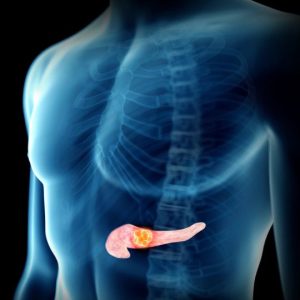- :+91 - 89402 62058, +91 76392 89213
- Agilkarai Street, Tirumayam, Tamil Nadu 622507
Gastrointestinal biopsies
Contrary to popular belief, Lorem Ipsum is not simply random text. It has roots in a piece of classical Latin literature from 45 BC, making it over 2000 years old. Richard McClintock, a Latin professor at Hampden-Sydney College in Virginia, looked up one of the more obscure Latin words, consectetur, from a Lorem Ipsum passage, and going through the cites of the word in classical literature, discovered the undoubtable source.
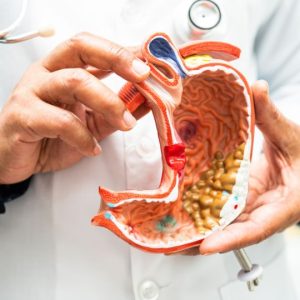
Gastrointestinal Surgery
Gastrointestinal surgery, also known as gastrointestinal (GI) or abdominal surgery, encompasses a range of surgical procedures performed on the digestive system. These surgeries are conducted to treat various conditions affecting the organs of the gastrointestinal tract, including the esophagus, stomach, small intestine, large intestine (colon), liver, gallbladder, and pancreas. Here are key aspects related to gastrointestinal surgery:
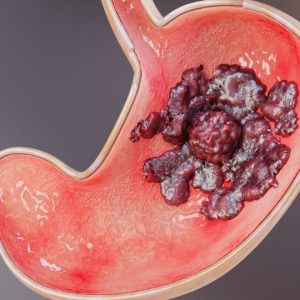
Medical Management of Digestive Disorders
The medical management of digestive disorders involves a range of interventions aimed at alleviating symptoms, promoting healing, and improving the overall function of the digestive system. The specific approach depends on the nature and severity of the disorder.
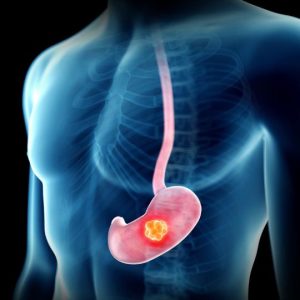
Treatment for Gastroesophageal Reflux Disease (GERD)
The treatment for Gastroesophageal Reflux Disease (GERD) aims to alleviate symptoms, promote healing of the esophagus, and prevent complications associated with chronic acid exposure. Treatment strategies may involve lifestyle modifications, medications, and in some cases, surgical interventions.
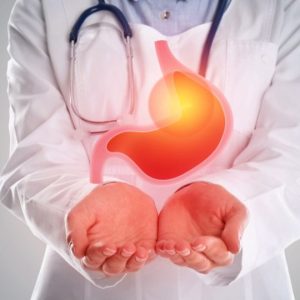
Liver Disease Management
The management of liver disease involves a comprehensive approach aimed at addressing the underlying cause, managing symptoms, preventing complications, and promoting overall liver health. The specific management plan depends on the type and stage of liver disease
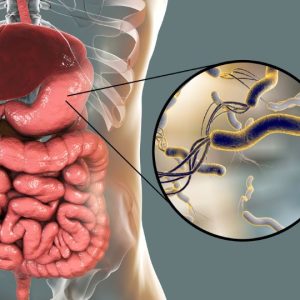
Pancreatic Disease Treatment
The treatment of pancreatic diseases involves a comprehensive approach to address the underlying cause, manage symptoms, and improve the overall health of the pancreas. The specific treatment plan depends on the type and severity of the pancreatic condition.
